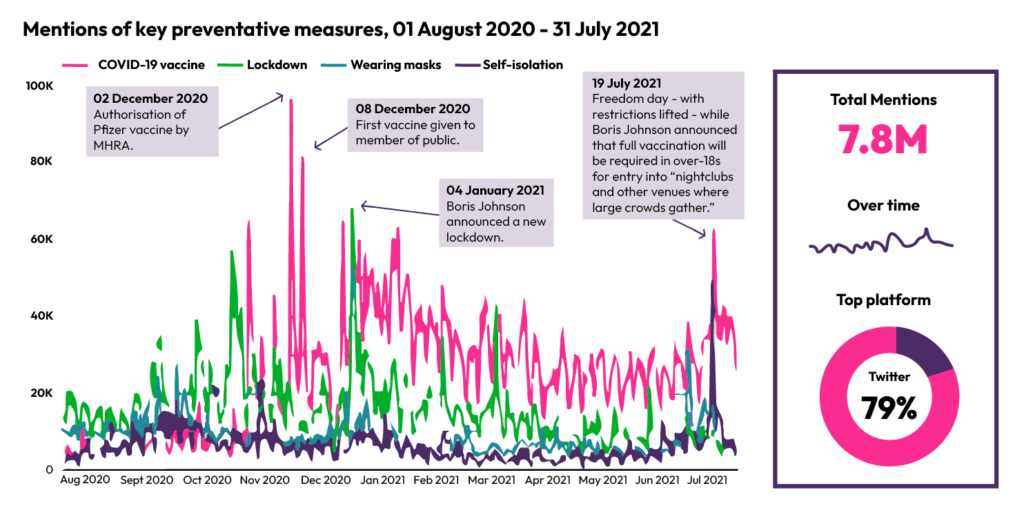Overview
The NIHR Health Protection Research Unit is a partnership of scientists from the London School of Hygiene & Tropical Medicine, the UK Health Security Agency and Cambridge University. Our research aims to reverse the decline in immunisation coverage in children, increase vaccine uptake in adults and reduce inequalities in the vaccine service.
The HPRU in Vaccines and Immunisation looks at the effectiveness and safety of vaccines, how many people are being vaccinated, disease trends, and the impact of introducing new vaccines. We also look at what people think about vaccines and how we can make it easier for people to access vaccinations.
It is one of 14 Health Protection Research Units (HPRUs) across England, part of an investment by the National Institute for Health Research (NIHR) to protect the health of the nation. The HPRUs fund high quality research that enhances the ability of UKHSA to use innovative techniques to protect the public’s health and minimise the health impact of emergencies, such as COVID-19.
Each NIHR HPRU undertakes high quality research that is used by UKHSA to keep the public safe from current and emerging public health threats.
The NIHR HPRUs focus on collaboration and knowledge sharing, and play a pivotal role in maintaining and growing UKHSA’s scientific expertise and future workforce. The multidisciplinary centres of excellence also deliver responsive research to tackle emerging or potential public health emergencies.
Methods
Our partnership represents a collection of skills in: (i) epidemiology, statistics and electronic health record research; (ii) mathematical modelling and economic evaluations; (iii) qualitative methods to examine immunisation service delivery and public perceptions. These three complementary skill-sets are gathered into our themes:
- Making the most of real-world data
- Saving lives, optimising taxpayers’ investment
- Immunisation delivery systems and public interactions with vaccines
The VCP has conducted research to understand the factors that contribute to challenges in programme delivery and performances, lack of public confidence in immunisation and poor vaccine uptake. Our research strategy focuses both on the organisation of health systems involved in the immunisation programme and populations with poor vaccination coverage in order to improve coverage and programme efficiency. We aim to deliver results that feed directly into policy recommendations to ensure that the immunisation programme and related health systems can respond intelligently, rapidly and effectively. Examples of specific research studies include a qualitative study on parental concerns about the influenza vaccine and the 2014/15 school flu pilots in West Yorkshire and Greater Manchester, a qualitative study on parental views of the childhood immunisation programme in the London Charedi orthodox Jewish Community and a PhD study exploring factors influencing vaccination uptake in pregnancy.
In collaboration with UCL, we also carried out a qualitative study exploring how parents and guardians view the seasonal influenza vaccination programme for young children in England, and their preferences as to where and how the vaccine is given, with the aim of informing the implementation of this programme.
Moreover, throughout the COVID-19 pandemic, the VCP team produced social media listening reports to provide insights on key topics of conversation around coronavirus in the UK, with a focus on five preventive behaviours (social distancing, self-isolation, lockdown, wearing masks, and a coronavirus vaccine).
Figure 1

Impact
Selected publications can be found in the ‘latest content’ banner, and a full list of all related publications can be found on the NIHR HPRU website.
